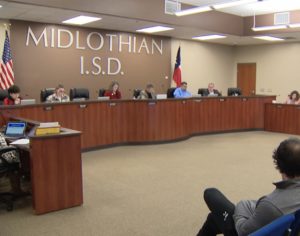One-quarter of Americans identify as non-religious, even though it makes them less altruistic
Americans are becoming less religious, new research reveals, and this change could have major social consequences.
The Pew Research Center released new survey results about the decline of…

Americans are becoming less religious, new research reveals, and this change could have major social consequences.
The Pew Research Center released new survey results about the decline of religious affiliation in America. And though Catholics and Protestants still make up nearly half of the U.S. population, there’s a new demographic on the rise: the so-called “Nones,” who are religiously unaffiliated and can include atheists and agnostics.
Many Americans say they are becoming more spiritual (41%), compared to less spiritual (13%) or about the same (45%).
But few say they’re becoming more religious (24%) compared to less religious (33%) or about the same (42%).
Since 2007, the number of Nones has nearly doubled from 16% to 28%.
Gregory Smith, lead researcher at Pew, adds that Nones are less civically engaged, less likely to vote, less likely to volunteer, and less satisfied with their social lives.
And while “right-wing Christian nationalism” is stereotypically associated with white male leaders, it turns out most of the new Nones are also white males.
Pew found that 69% of Nones were younger than 50, and 63% were white. People of color and women were both more religious on average, NPR reported.
If Nones are less engaged with society, the opposite is true of Christians and other religious groups.
Past studies have also shown that religious people are more charitable – even when it comes to secular causes.
These trends hold true internationally.
A 2019 Pew study found that actively religious people are more likely to identify as “very happy,” more likely to join charities and clubs, and more likely to vote.
The University of Notre Dame even researched the life outcomes of K-12 Christian school graduates.
It found such alumni were more charitable than those of public education, more involved in both churches and local communities, more likely to volunteer, and had a more positive outlook on life.



